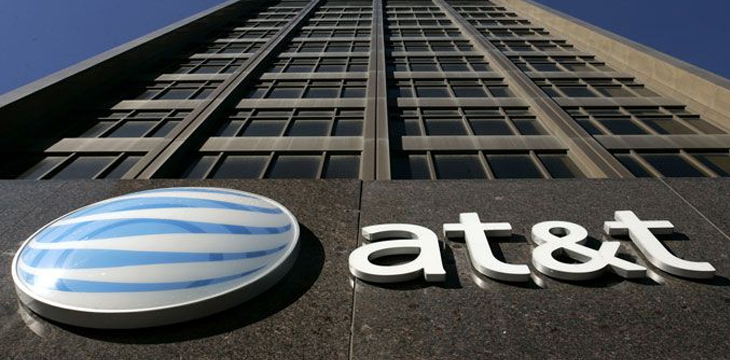|
Getting your Trinity Audio player ready...
|
A cryptocurrency entrepreneur is suing telecommunications giant AT&T Inc. for alleged security lapses that resulted in $24-million worth of cryptocurrencies stolen from his accounts.
Michael Terpin, founder of BitAngels, said his cryptocurrency assets were stolen via a SIM swap fraud, wherein AT&T’s identity confirmation procedures proves to be easily bypassed. BitAngels is the first angel group for investing in crypto companies, according to Terpin.
In his complaint filed before the U.S. District Court for the Central District of California, Terpin listed numerous instances of alleged collusion of AT&T personnel, which he claimed the company did nothing to stop.
“Given all the carrier’s hype about protecting customer security, plaintiff believed that it would keep its promises about absolutely safeguarding him from a data breach that could lead to the theft of millions of dollars of cryptocurrency. In reality, however, plaintiff was victimized by not one, but two hacks within seven months,” the complaint read.
On June 11, 2017, Terpin said he found his phone to not be working, and that hackers had used his personal information and diverted texts and calls to his numbers to obtain access to his cryptocurrency accounts, from which they withdrew “a substantial amount of money.” In spite of changes in security procedures and assurances, Terpin said he suffered another hacking incident last January 7.
“It was AT&T’s act of providing hackers with access to Mr. Terpin’s telephone number without adhering to its security procedures that allowed the cryptocurrency theft to occur. What AT&T did was like a hotel giving a thief with a fake ID, a room key, and a key to the room safe to steal jewelry in the safe from the rightful owners,” the complaint said.
Terpin wants AT&T to pay $24 million, plus $200 million in punitive damages.
In an email to CNBC, AT&T said, “We dispute these allegations and look forward to presenting our case in court.”
While the security of blockchain is one of its defining features, wherein transactions are verified in a public ledger, hacks remain a concern when it comes to storage of private keys, whether these are handed to cryptocurrency exchanges or various service providers. Just this week, a study was released showing that Americans are the most susceptible to cryptocurrency hacks, followed by people in Russia and China.

 03-04-2026
03-04-2026 




